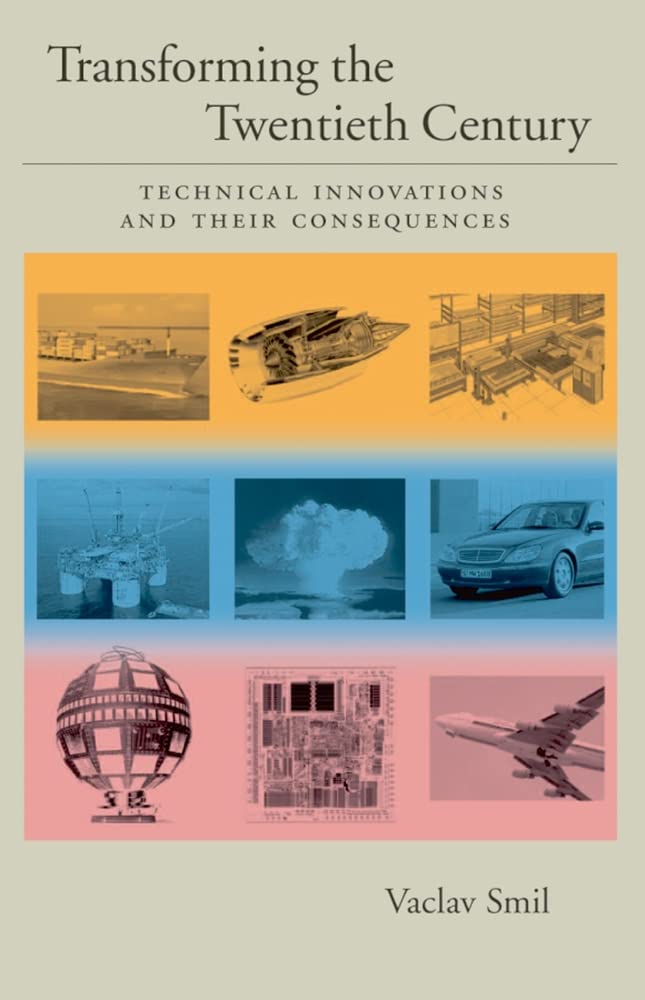Descrição
This book is a systematic interdisciplinary account of two epochal trends: the history of the 20th century’s technical transformation based on the unprecedented surge of innovation that took place in Europe and North America during the three pre-WWI generation (1867-1914); and the history of new fundamental inventions during the period 1914-2000.
Mass consumption of fossil fuels provided the energetic foundation of this progress. New ways of making steel — the leading metal of our civilization — and new materials including plastics and silicon, opened entirely new technical possibilities. Rationalized production, be it in agriculture or manufacturing, benefited from advancing mechanization, automation, and robotization.
New epochal inventions included the discovery of nuclear fission, followed by the rapid development of nuclear weapons and commercial generation of nuclear electricity; the discovery of gas turbines (and their use in jet airplanes as well as in stationary applications); and the invention of solid-state electronics based on semiconductors used to make transistors, integrated circuits, and microprocessors, the key components of modern computing.
The new economy based on unprecedented levels of energy consumption brought not only mass consumption and higher quality of life, but also some worrisome social problems and environmental changes; its prospects remain uncertain.

